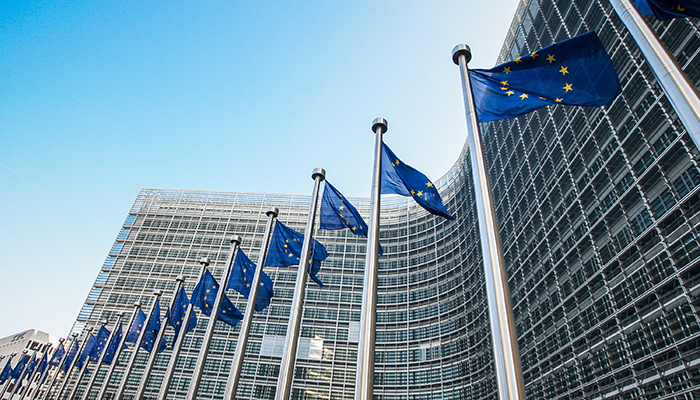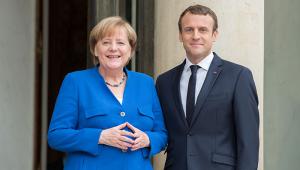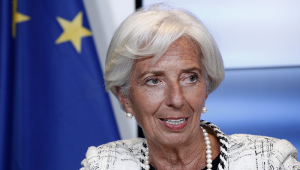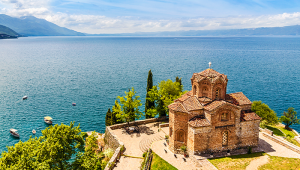web_european-commission_shutterstock_331269449.png

The European Commission building
Brussels now faces weeks of arguments with member states trying to seek support for the largest-ever boost to EU spending – part of a planned €1.85trn budget covering the next seven years.
‘Next Generation EU’ would be financed both by borrowing and by lifting the ‘own resources ceiling’ – the maximum amount that the EU can call upon from member countries.
It will “invest in repairing [the bloc’s] social fabric, protect the single market and help rebalance balance sheets across Europe”, according to Commission president Ursula von der Leyen.
She said the coronavirus crisis had made “unprecedented” investment essential, and pointed to fields such as 5G, artificial intelligence and green engineering as targets to support economic recovery.
The fund would be made up of €500bn in grants and €250bn in repayable loans to member countries.
“The EU budget has always comprised grants,” said von der Leyen.
“This is nothing new. Grants for targeted investment and reforms, for more cohesion and for convergence of living standards in Europe.”
Many European leaders have welcomed the proposals, including Italian prime minister Guiseppe Conte, who said they were an “excellent signal from Brussels”, and Polish prime minister Mateusz Morawiecki, who proclaimed that “the voice of Poland is heard” by the Commission.
More frugal countries, particularly Denmark, Austria, the Netherlands and Sweden, think the suggested fund is far too large, and would prefer the package to be made up of more loans than grants.
Denmark’s foreign minister Jeppe Kofod told Danish newspaper Jyllands-Posten the “rushed” proposals “need to be redone”, taking the northern European suggestions of a smaller package more seriously.













